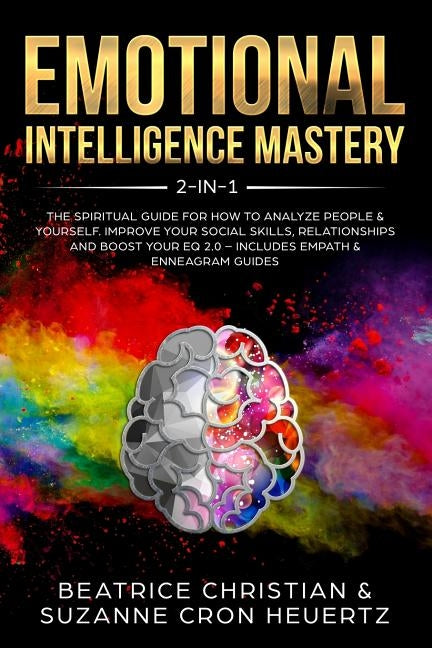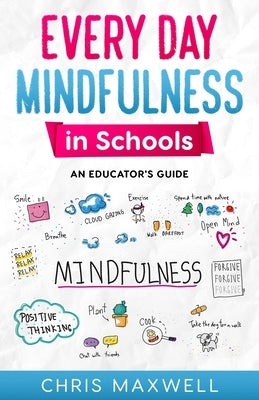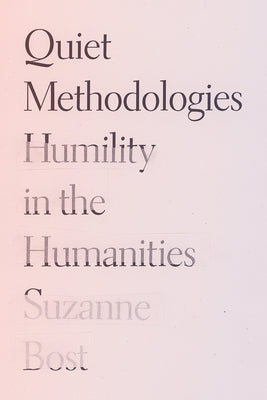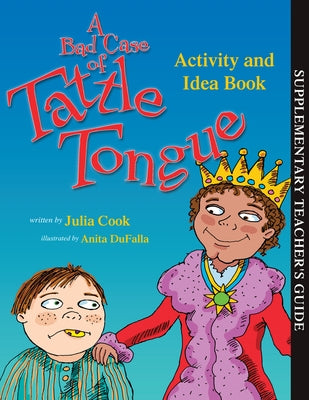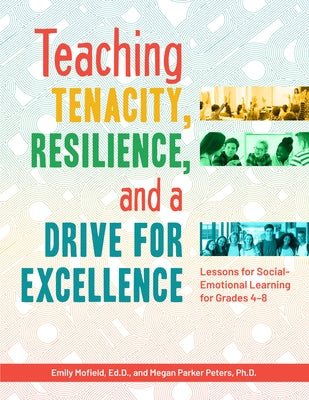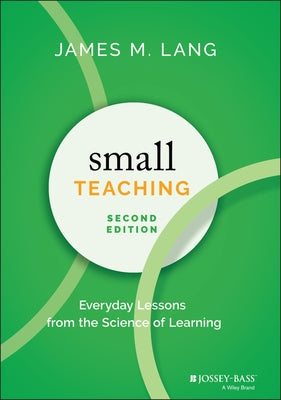1000+ Must know words in Mandinka/Mandingo Language
$12.99
$13.99
Notice & Note: Strategies for Close Reading
$42.99
$46.73
The Focus Project: The Not So Simple Art of Doing Less
$21.99
$22.99
Bible Workbook Vol. 2 New Testament: Volume 2
$7.99
$9.99
Daily Math Practice, Grade 3 Teacher Edition
$17.99
$23.99
The Elements; Ingredients of the Universe
$24.99
$32.95
French Workbook for Dummies
$14.99
$19.99
Miseducation: How Climate Change Is Taught in America
$11.99
$16.00
The Chicago Canon on Free Inquiry and Expression
$14.99
$20.00
The Student: A Short History
$12.99
$18.00
I Can't Find My Whatchamacallit
$7.99
$10.95
The First Seven Years: Physiology of Childhood
$17.99
$24.95
The Liberating Arts: Why We Need Liberal Arts Education
$14.99
$19.95
A Bad Case of Tattle Tongue Activity and Idea Book
$7.99
$10.95
51 Chess Openings for Beginners
$9.99
$12.95
Daily Paragraph Editing, Grade 3 Teacher Edition
$18.99
$25.99
Catch-Up Math: 5th Grade
$17.99
$24.99

